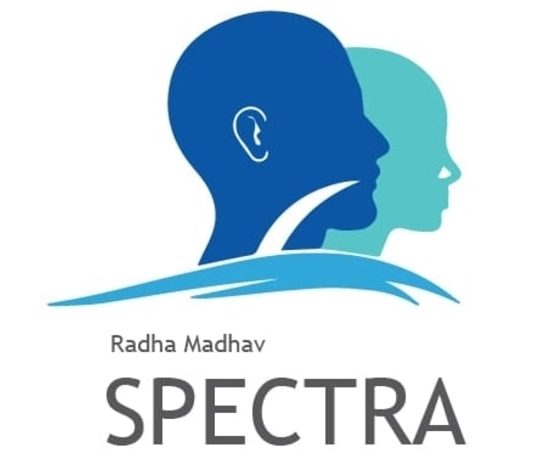What is nasal endoscopy?
Nasal endoscopy is a procedure to look at the nasal and sinus passages. It’s done with an endoscope. This is a thin, flexible tube with a tiny camera and a light. An ear, nose, and throat doctor (otolaryngologist) will often do this procedure in his or her office.
The sinuses are a group of spaces formed by the bones of your face. They connect with your nasal cavity. This is the air-filled space behind your nose.
During the procedure, the healthcare provider inserts the endoscope into your nose. He or she guides it through your nasal and sinus passages. Images of the area can be seen through the endoscope. This can aid in the diagnosis and treatment of health conditions. In some cases, small tools may be used to take tiny samples of tissue or do other tasks.
Why might I need a nasal endoscopy?
You might need a nasal endoscopy if your healthcare provider needs more information about problems such as:
- Nasal congestion
- Nasal blockage
- Nasal and sinus infection (rhinosinusitis)
- Nasal polyps
- Nasal tumors
- Nosebleeds
- Loss of ability to smell
- Cerebrospinal fluid leak
The endoscopy can show specific details, such as the site of bleeding and swelling of nasal tissue. It can also be used to look at a growth that might be cancer.
In some cases, a nasal endoscopy can be used as a treatment. For example, it may be done on a child to remove a foreign object from his or her nose.
Your provider might also advise endoscopy to see how a treatment for a nose or sinus problem is working. For example, it can show if nasal polyps have shrunk.
Rhinosinusitis is one of the most common reasons for nasal endoscopy. You may have symptoms such as nasal blockage, yellow or greenish fluid from your nose, and facial pain. Your healthcare provider can use the endoscope to look for swelling and polyps. He or she may collect pus from the infected area. This can help show what is causing an infection and how best to treat it.
A healthcare provider may use a nasal endoscope to do minimally invasive surgery. This is done in a hospital or surgery center. It can treat conditions such as sinus infection, nasal polyps, and nasal tumors. The surgery is done with very small tools, and does not need an external cut (incision).
What are the risks of a nasal endoscopy?
Nasal endoscopy is generally safe. But it may have rare complications such as:
- Nosebleed
- Fainting
- Harmful reaction to the decongestant or anesthetic
You may be at greater risk for bleeding if you have a bleeding disorder or if you take a blood thinner. Your own risks may vary according to your age and your other health conditions. Ask your healthcare provider about the risks that most apply to you.
How do I prepare for a nasal endoscopy?
Ask your healthcare provider if you should stop taking any medicines before the procedure. These may include blood thinners. You should be able to eat and drink normally before the procedure. Your healthcare provider may give you more instructions about what to do before the test.
Just before the procedure, a topical decongestant may be sprayed into your nose. This helps reduce swelling and lets the nasal endoscope pass easily through your nasal cavity and sinuses. Your nose may also be sprayed with an anesthetic, which will briefly numb your nose. Healthcare providers may need to avoid these medicines under special circumstances, though. In certain cases, you might also need a shot (injection) of anesthetic.
What happens during a nasal endoscopy?
Ask your healthcare provider about what to expect during your nasal endoscopy. The following are some things you might experience in a typical procedure:
- For the procedure, you will probably sit upright in an exam chair.
- After numbing the area, your healthcare provider will insert the endoscope into one side of your nose.
- You may find this a little uncomfortable. If so, let your provider know. You may need more numbing medicine or a smaller nasal endoscope.
- In one nostril, your provider will push the endoscope forward to view a part of the nasal cavity and sinuses.
- He or she may repeat this step 2 more times on the same side of your nose. (Each pass allows your healthcare provider to see a slightly different part of your nasal cavity and sinuses.)
- Your provider may then repeat the procedure on the opposite side of your nose. Again, he or she may need a few passes of the scope to get the needed information.
- If needed, your provider may remove a tissue sample as part of the endoscopy. He or she may send this tissue to a lab to be checked.
What happens after a nasal endoscopy?
Talk to your healthcare provider about what to expect after your nasal endoscopy. Ask whether he or she has specific instructions. If you had your procedure in the office, you should be able to go home right after the procedure. You should be able to go about your activities as normal. Let your provider know if you have a nosebleed that doesn’t go away.
The nasal endoscopy often provides the information needed to create a treatment plan. You might discuss this with your healthcare provider right after your endoscopy. In other cases, he or she might want to order more tests, like a CT scan. If you had tissue taken during your procedure, these results may take a few days to come back.
Follow all of your healthcare provider’s instructions about medicines and follow-up. In many cases, your provider will want to schedule another nasal endoscopy in the future to see how your treatment has progressed

 Check ups
Check ups 24/7 Emergency
24/7 Emergency Professional Doctors
Professional Doctors Medical Advises
Medical Advises New Facilities
New Facilities Patient Care
Patient Care